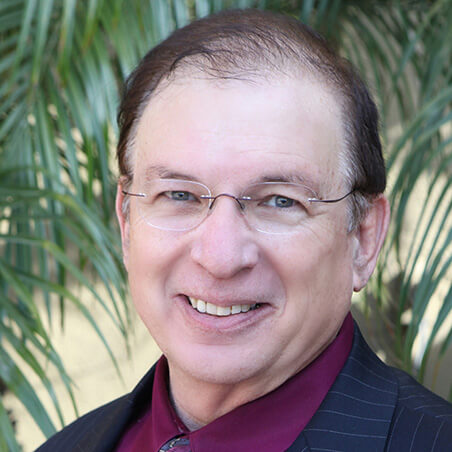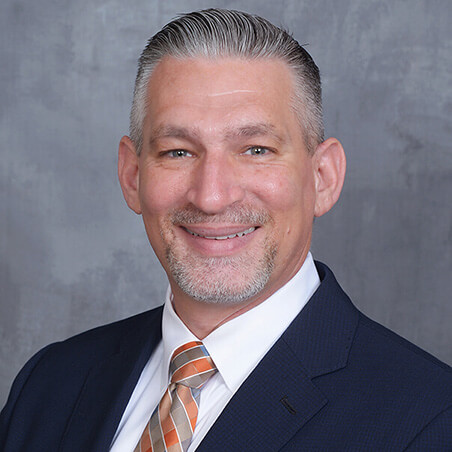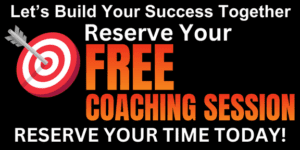“Success is not final, failure is not fatal: It is the courage to continue that counts.” – Winston Churchill
In life, we tend to be hard on ourselves, especially when we feel we’ve made the wrong choice. Whether it’s a failed relationship, an unfulfilling career, or a business idea that didn’t work out, we often see these situations as personal failures. However, we must realize that the more complex the situation is, the more challenging it is to find our way. In this blog, we explore five reasons why being wrong is a normal part of personal and professional development.
1. Your First Choice is Rarely the Best
We often believe that our first choice in any major life decision should be the right one, but that expectation is unrealistic and limiting. Consider the first person you ever dated or your first career choice. Were they the right ones? Probably not. Life’s complexities mean we must evolve, and our choices also evolve over time. The same goes for entrepreneurship. Your first business idea probably wasn’t your best one, and that’s okay. Expecting perfection on the first try limits learning and growth. It’s through trial and error that you find what truly works for you.
2. Reflecting on Past Choices
We evolve by making choices, reflecting on them, and then making better ones in the future. Thus, looking back on past decisions that now seem poor is a sign that you’ve grown. Often, we stay in the “safety zone” where we feel confident that we won’t make mistakes. But to grow, you must be willing to risk making poor choices, and those mistakes should be embraced as part of the learning process.
3. Taking Action Before Having Complete Clarity
One of the most important lessons is that you can’t wait to feel completely ready before taking action. Complex decisions such as choosing a life partner, launching a business, or even changing careers require you to start before you have all the answers. If you wait until you feel completely certain, you’ll miss valuable opportunities. The faster you make mistakes, the quicker you learn what works and what doesn’t. Every wrong turn helps to improve your approach.
4. Mastering Smaller Areas First
Breaking down large overwhelming tasks into smaller more manageable ones is a practical way to start making better choices. As Nobel Prize-winning physicist Neils Bohr famously said, “An expert is a person who has made all the mistakes that can be made in a very narrow field.” Master one small area, and you’ll eventually develop expertise that can help guide bigger decisions.
5. Failure is Not an Excuse for Expecting to Fail
It’s crucial to recognize that while mistakes are inevitable, expecting to fail from the start only limits your potential. Instead, adopt a mindset of experimentation. Know that you’ll fail sometimes but approach each new project or decision with the expectation of success.
Conclusion
The idea that your first choice should be perfect is a myth. In fact, your first choice is rarely the best one. Failures bring valuable lessons, and practice makes you better. Each wrong decision is an opportunity for growth, self-reflection, and learning. Thus, even if a choice turns out to be wrong, the effort you put into it is what drives your progress to success.
Discover the insights and techniques that can reshape your business landscape. Your pathway to excellence begins with a single click – take action now to secure your exclusive appointment with Ralph or Bryan, your dedicated business coaches who are committed to guiding you towards success!




